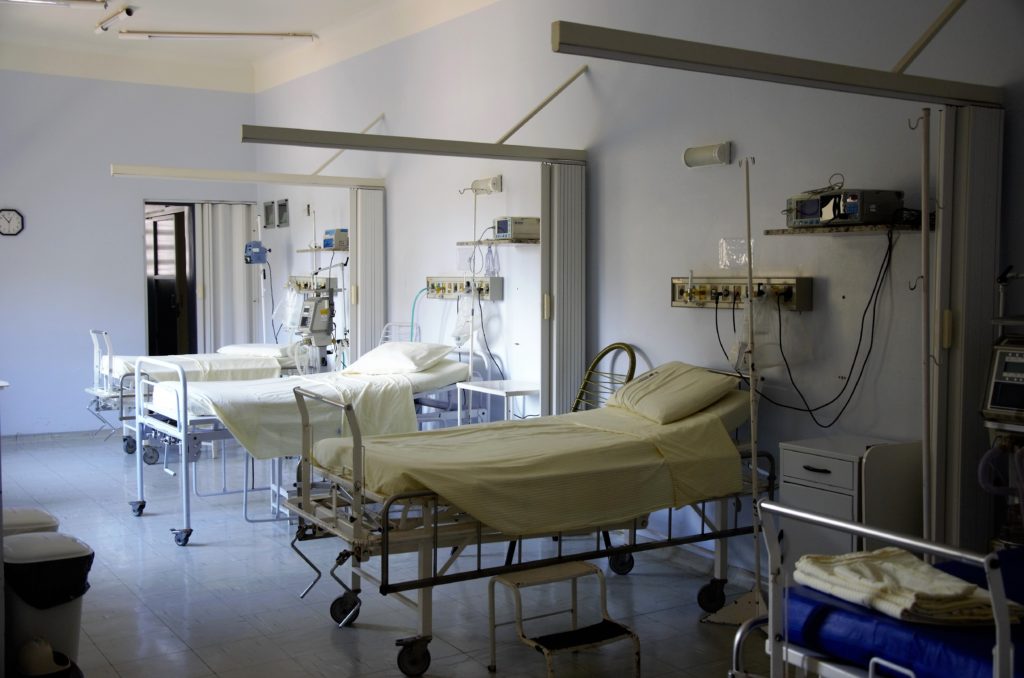Admit or send home. The emergency room doctors have one basic decision. Is this person sick enough that they need to be admitted to the hospital? Or can they be treated and sent home to follow-up in the clinic?
If you need hospital care, you are admitted under the care of your doctor. But if your doctor does not work in the hospital or you don’t have a clinic doctor, you will get admitted to the care of the hospitalist. This doctor manages your care in the hospital until you can be discharged to your outpatient doctor.
“I’ve got 14 admissions for you,” said the ER doctor.
I was the hospitalist taking admissions overnight. It was 7pm. I just finished dinner and started my overnight shift. I still had to see a couple more patients to see from the day shift, some patients that I was covering overnight for other doctors, and some admissions left over from the day shift.
“How many?” I said in disbelief. The usual admission was just 1 or 2 at a time and maybe 6 to 8 for the night.
“Well, actually, I only have 3,” he said. There was almost enough time for a wave of relief to flow over me before he said, “The other 11 are from the other ER doctors down here.”
“Oh,” I said as if that was comforting information. I took on a stoic attitude and steeled myself for a rough night. I live in the winter retirement destination of Florida. I suddenly wondered if the entire geriatric population of the North had chosen to make the trip down to the warm weather, hopped off the plane, and gone straight to the ER.
“What do you have for me?” I asked.
I sat on the phone listening to the story for each patient and giving the nurse preliminary orders until the doctor (hopefully me) could see them. I got passed from doctor to nurse and repeated the process again and again. Finally, exhausted, I looked up and two and half hours had passed. I still had to finish rounding for the night, and I already had 5 admissions from the day that I was going to go see.
I started trudging through the work. Over the course of the night, the ER called a few more times for a total of 22 admissions.
I managed to get through 10 of them by the time the morning came. I spent about 30 – 40 minutes with each patient. At around 3 am, I rewound my dictation to make a correction. As I listened to my own voice, I could not believe how exhausted I sounded. Do I sound like that to patients? With a great mustering of effort, I put some pep in my voice and recorded the section over. Just out of curiosity, I listened again. I still sounded just as tired, my words seemed slurred. Did I really sound like that? I finished the dictation of the admission note and just kept on slogging along.
In the morning, the new shift came on to relieve me. “I have 12 admissions left to see,” I said to the nurse practitioner.
“That’s a whole day of work,” she said.
“I know,” I sighed, “it was a bad night with 22 admissions.” There was an edge of pride in my voice. I had survived the crucible. The help had arrived. I would get to go home today with my sanity intact and visit the wonderful space of sleep.
With insufficient support for the unexpected onslaught of admissions that day, I had been up all night. That was the day that broke me. I knew that I could not keep up this pace. I did not know it then, but as I look back now, that was the day that I knew I was leaving full-time hospitalist medicine.
When I started my own office practice about a year later, I went back to work part-time as a hospitalist. While I was building my office practice, I needed to supplement my income. However, this time in the hospital was different. I only worked the day shift and with more support staff to spread the work around. I developed a skill that I had been missing. Before that crucible night, I would work and work and work until I was done, then go home and start again. However, now I looked at the list of patients that I had to see and calculated how much time each one would take. If the total exceeded the time when my shift ended, I called up the other doctors to give them some of my patients. We were no longer understaffed, and I was no longer going to burn myself out.
The shift work in the hospital was necessary, even as I had to sacrifice the continuity of care for my patients. They would get another equally competent doctor to give them attention, decide on the care that they needed for the day, determine if they could be discharged, and in a timelier manner.
The day that broke me… really was the day that fixed me. I have applied that time-management skill to the rest of my life… and I always ask the question, is this sustainable? am I on the road to burnout?

